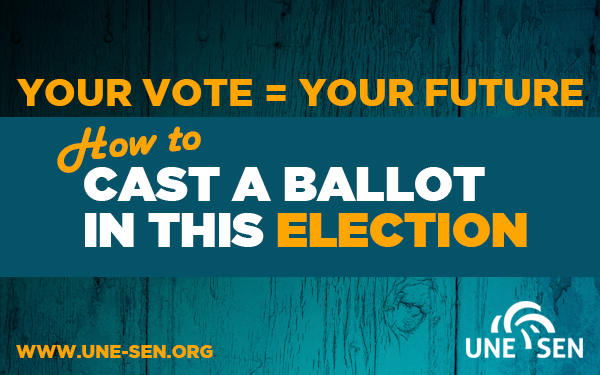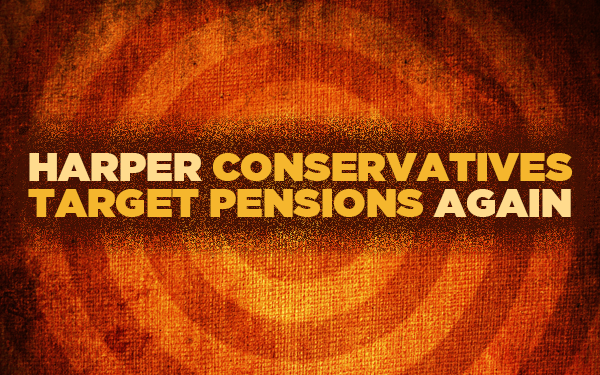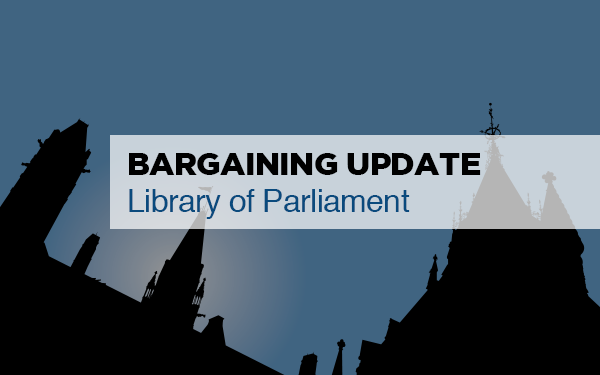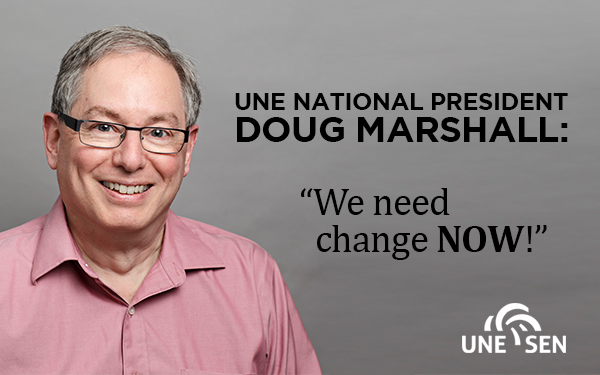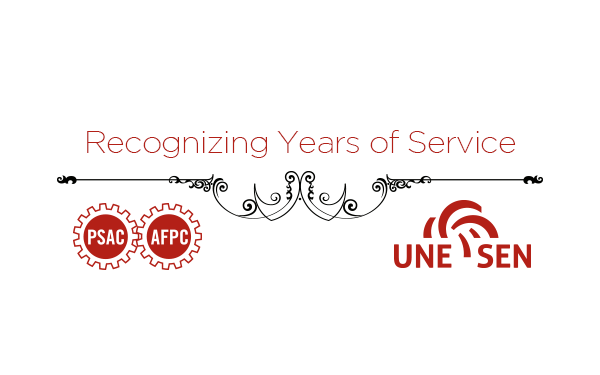
If you knew me at all, you would have never thought that I would be active in the union. When I started working I was young, naïve and not at all educated on the worker’s movement. All that I knew about it was that my parents were part of unions and they went on strike a handful of times.
BUT WHY?
Why choose to stop getting paid? It prevented us from taking that great trip down the Oregon Coast when I was eleven because the strike meant no spending money: no drives to the beach, no volleyball in the sand, no maple walnut flavoured ice cream cones. When I started working for the government, I figured I would stay away from union activity. Members get so angry and riled up; I didn’t see what the fuss was about. We have everything that we could want or need in our workplace. Little did I know that if we didn’t fight for what we have and more, it wouldn’t just be the one time I’d be missing out on the Oregon Coast, it could be many more times.
I was dragged to my first local annual general meeting in the Spring of 2009. I only went because I was social and wanted to attend with my friend – I thought maybe we’ll become closer friends after this. But I got involved – my first union event ever – and I was voted in as Treasurer. I joined the local for my own selfish reasons – I had just graduated University and I wanted to keep using my brain and perhaps this would fill up my resume a little bit more.
December 6, 2009. I turned 23 that day. I was one of three young workers at the National Component’s BC/Yukon Regional Conference. At the 2008 National Component Triennial Convention, a resolution was passed to have two young workers from each region attend the 2011 Triennial Convention and every one after that. There were only three of us: one wanted to go but didn’t think that she would be in the government much longer. Another wanted to go but only if she was extended because she was a term employee. Then there was me – I was thinking “what was I going to be doing that night for my 23rd birthday?”
I was an indeterminate, so my peers agreed it only made sense that I would get one of the seats. I remember heading home feeling awful. Here were two young women who wanted so badly to be involved in these events and they had graciously agreed that I should have one of the seats. In August 2011, I was the only of the three young workers to make it to the convention. I knew that I would have to be the voice for BC/Yukon young workers and bring the enthusiasm that the other two displayed in 2009. In a sense, I wanted to make them proud to have had confidence in me at convention.
Fast forward seven years… now I am the President of that same local and the 2nd Assistant Regional Vice President BC/Yukon for the Union of National Employees (UNE). A few things have changed since that 23 year old rookie at a union conference. I cannot believe that she and I are the same girl. Was I wrong about my preconceived notions about the union? Yes! Being active has taught me about so many important things about the worker’s movement and employee rights. Most importantly, we are not fighting for just ourselves but for all workers. I couldn’t be more proud to be part of – and active – in a labour union that has made so many strides forward in the right direction and continues to do so.
As a young worker and a young adult, I believe that we have a stronger voice than ever. Our more mature activists have extended their arms to help guide us in the right direction by sharing knowledge and advice. I am thankful and proud that UNE has been a pioneer in the young workers’ movement. At the 2011 Convention, our caucus consisted of 6 young workers. We were all new and unsure what to do with our time. Last year, our caucus consisted of over 30 young workers with an additional six of us as moderators. Young workers are notoriously shy when it comes to being active but UNE has made it so much easier to have our voices heard and help us grow as activists. Social media has also allowed the voice of the youth to be heard. It’s the new way of speaking up. Social media can allow a certain anonymity and this fosters individuals to voice their opinions and thoughts without fear of reprisal. I know now that we DON’T have everything that we could ever want in the workplace. We still have the working poor. We need to be their voices as well as our own.
This year marks the fourth year that the government has discussed and proposed an anti-union legislation, Bill C-377. Unions are already regulated and held accountable by the membership. Bill C-59 is a bill to ‘balance the budget’ by proposing changes to federal civil servants’ sick leave provisions. This Bill will not only negatively affect civil servants but it could also become the standard for both public and private sectors. We don’t want our gains to be taken away from us. So, thank you for making it an easy decision to stay active in the union. Thank you for inspiring me to get others involved in our message. Thank you for allowing us to stand tall and in solidarity towards one common goal.
Getting involved in the union was the last thing that I ever wanted to do, but I’m so glad that I did.
Daphne Ho is the UNE’s Assistant Regional Vice President for the BC & Yukon Region.
